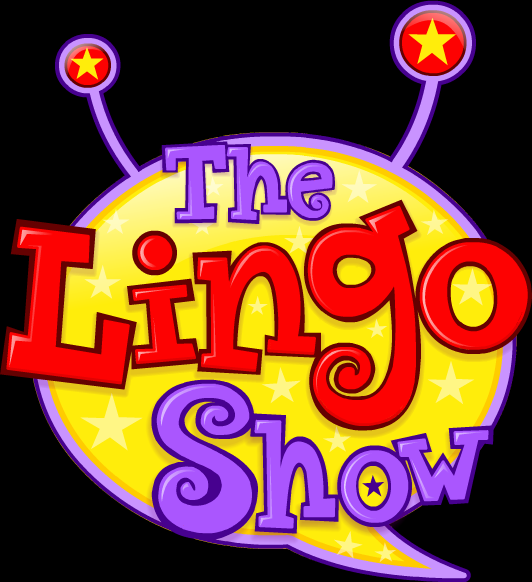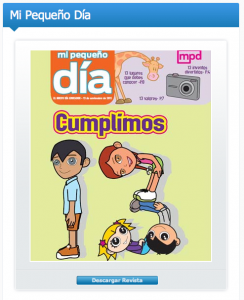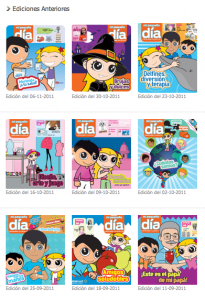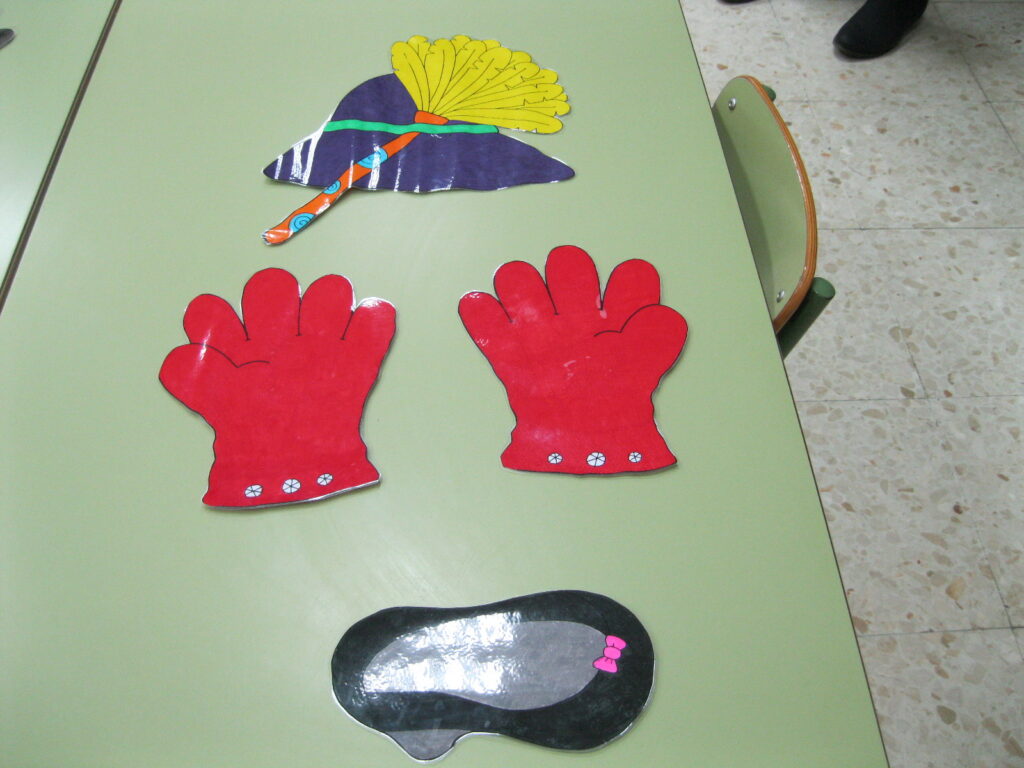 A message from Linda Parker of ALL
A message from Linda Parker of ALL
Primary Spanish teachers – join us for free at Language World on Saturday 31 March! http://www.all-languages.org.uk/events/language_world/language_world_2012
Are you looking for ways to improve your Spanish? ALL Corporate Member, the Fundacion Comillas, will be with us at Language World to talk to teachers of Spanish about their professional development courses in the beautiful village of Comillas in Cantabria. As well as these opportunities for teachers, this region has a lot to offer for school group visits and exchanges. Want to know more? Then why not take up this invitation to come along and find out for free on Saturday 31 March? As well as visiting the Language World Exhibition (open from 08.30 – 14.00), you can come along to the following session completely free of charge:
11.55 – 12.40
Fundacion Comillas
The Comillas Foundation: research, academic programs, and professional development
Professor Kim Griffin will present the Comillas Foundation programmes for professional development for Spanish teachers. The Comillas Foundation was created in 2005 as a centre for the teaching and learning of the Spanish language and Hispanic culture. Located in the picturesque town of Comillas on the northern coast of Spain, the Comillas Foundation offers a variety of courses specially designed for primary and secondary teachers of Spanish. Courses are taught at all levels of competency and “classroom-without-walls” activities complement the academic environment. The Comillas Foundation courses are total immersion courses and professors are trained to help participants use the Spanish language to their full potential. Courses are also available for teachers who bring groups of young students to Comillas.
Dr. Kim Griffin has been a resident of Spain for thirty years. Dr. Griffin currently directs the academic program at the Comillas Foundation. Previously she directed the Middlebury College School in Spain; an undergraduate and post-graduate institution. A graduate of SUNY Oswego, Middlebury College, and the Ohio State University, she has taught both English and Spanish as a Second Language, founded and directed the Faculty of Translation and Interpretation for a Spanish university, and teaches post-graduate courses at several Spanish institutions. Dr. Griffin has also presided over the Association of North American University Programs in Spain, which represents over fifty of the most outstanding American universities that host programs in Spain.
Interested? Contact us for a free pass today! Email info@all-languages.org.uk
Please note that this invitation does not include refreshments, lunch or any other Language World sessions. To join us for the full event, register HERE













